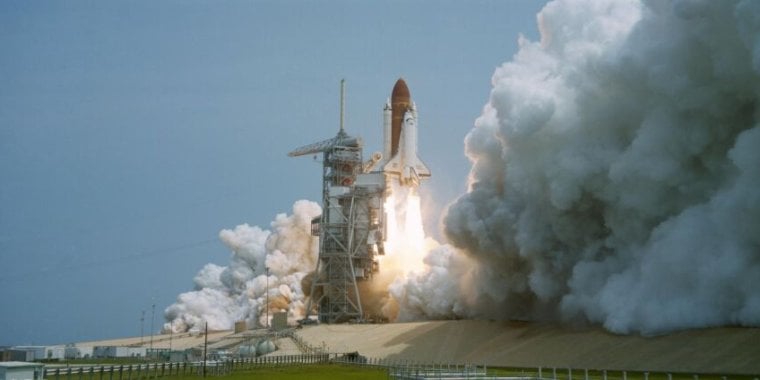- cross-posted to:
- space
- space@lemmy.world
- cross-posted to:
- space
- space@lemmy.world
On the second day of the mission, Wang floated over to his experiment and sought to activate the Drop Dynamics Module. But it didn’t work. He asked the NASA flight controllers on the ground if he could take some time to try to troubleshoot the problem and maybe fix the experiment. But on any Shuttle mission, time is precious. Every crew member has a detailed timeline, with a long list of tasks during waking hours. The flight controllers were reluctant.
After initially being told no, Wang pressed a bit further. “Listen, I know my system very well,” he said. “Give me a shot.” Still, the flight controllers demurred. Wang grew desperate. So he said something that chilled the nerves of those in Houston watching over the safety of the crew and the Shuttle mission.
“Hey, if you guys don’t give me a chance to repair my instrument, I’m not going back,” Wang said.
…
So in the immediate aftermath, someone at NASA, probably within the crew office, initiated the capability of a commander to lock the hatch if he or she felt uncomfortable about a crew member. It was used frequently in subsequent missions involving payload specialists.


In all seriousness, you can’t be completely certain that anyone isn’t going to suddenly lose their shit, whether in space or on the ground. Nobody is “immune” to mental health difficulties, and in especially risky conditions, there should always be some barriers between “normal operations” and “catastrophic shit-losing.”
Space dementia is a real thing. I saw a documentary about that.